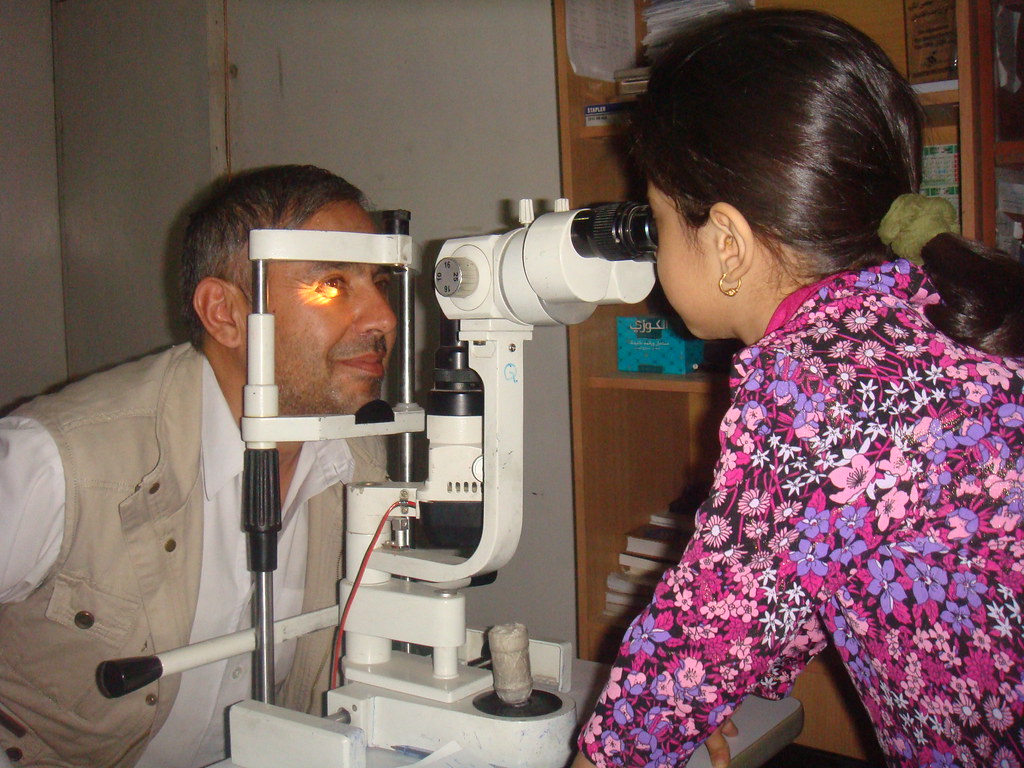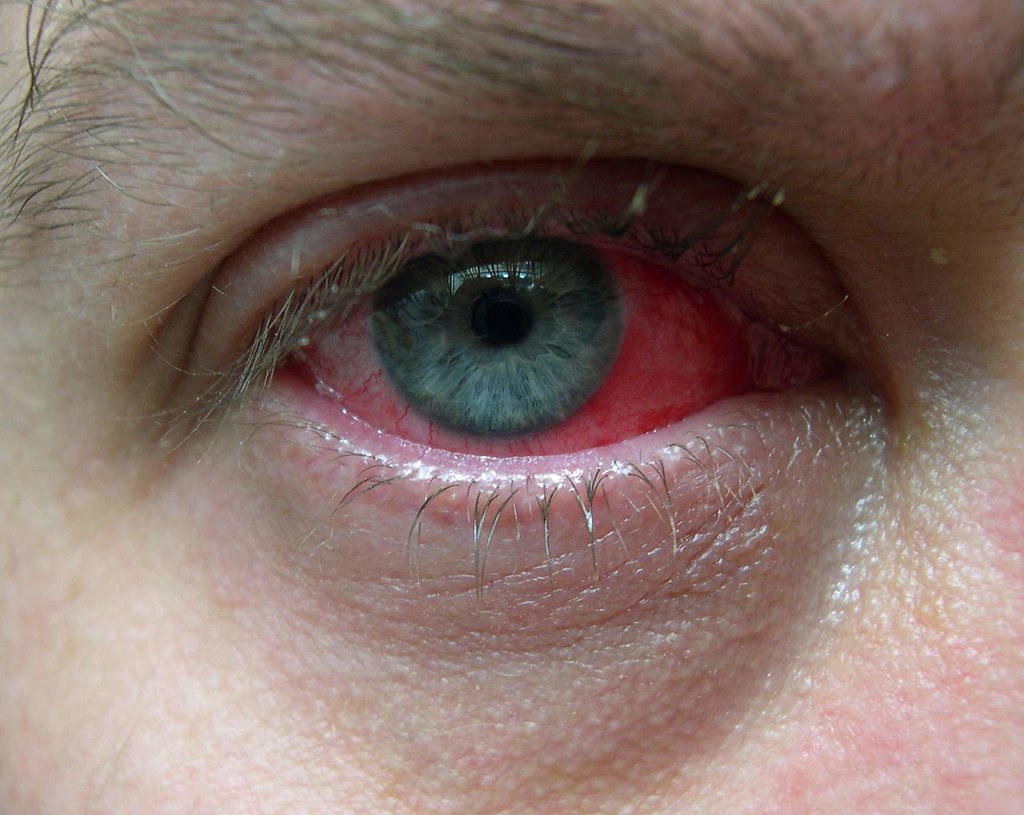FTC disclaimer: This post may contains affiliate links and we will be compensated if you click on a link and make a purchase.
Have you ever found yourself rubbing your irritated, pink eye and wondered if it’s time to visit an urgent care center? If so, you’re not alone.
Deciding whether to seek urgent care for pink eye, also known as conjunctivitis, can be a confusing process. This article aims to provide clear guidance and shed light on this common dilemma.
We will explore key factors such as the severity of symptoms, the impact on your daily life, and the potential risks of not seeking immediate treatment.
With insights from reliable sources like Total Vision and Texas Urgent Care & Imaging Center, we strive to empower you with the knowledge to make an informed decision about your health. Stay tuned as we delve into the world of pink eye and urgent care.
Understanding Pink Eye
Pink eye, or conjunctivitis, is an inflammation or infection of the transparent membrane lining your eyelid and part of your eyeball. Common symptoms include redness, itching, a gritty eye feeling, discharge, and tearing.
Contagiousness is a key characteristic of pink eye. The infection can easily spread from one person to another, especially in close environments like schools or workplaces. Therefore, it’s crucial to seek treatment promptly to prevent further spread.
According to CDC, pink eye affects millions of people each year, causing a significant impact on daily life due to discomfort and time away from work or school.
Prevention plays a significant role in managing pink eye. Regular hand washing, avoiding touching your eyes, and staying away from infected people can help reduce the risk of contracting this common but disruptive condition.
Pros and Cons
Visiting an urgent care facility for pink eye treatment presents a number of potential benefits.
Pros: Convenience and shorter wait times
Convenience is a significant advantage, as these centers cater to a variety of conditions and often operate outside regular office hours.
Furthermore, you may experience shorter wait times compared to emergency rooms where more serious cases are prioritized.
Cons: Lack the specialized care
However, it is crucial to consider the potential downsides. Urgent care centers may lack the specialized care you might find at an eye clinic or hospital. Additionally, the costs can be higher depending on your insurance coverage.
Ultimately, the decision to choose urgent care should be based on your individual situation. Weigh the pros and cons, consider the severity of your symptoms, and make an informed decision about your health.
Treatment Options at Urgent Care
At an urgent care center, several treatment options are available for pink eye. These facilities are equipped to diagnose and treat the condition effectively.
Doctors who have vast experience dealing with pink eye, can identify the cause of your infection and provide an appropriate course of treatment. This might include antibiotics, antiviral medication, or possibly eye drops.
Comfort care, including hot or cold compresses, over-the-counter pain relievers, and lubricating eye drops, is also a primary treatment for pink eye.
Antihistamines and decongestants might also help relieve symptoms of pink eye, especially if it’s caused by allergies.
However, following up with a healthcare provider is important if symptoms persist or worsen. While not all cases of pink eye require urgent care, the infection can lead to complications if left untreated.
For managing pink eye at home, good hygiene, frequent hand washing, keeping your hands and fingers away from your eyes, and cleaning any discharge with warm water and a clean towel are recommended.
Over-the-counter eye drops or ointments are also available to ease your symptoms. If symptoms are severe or accompanied by fever, sensitivity to light, or blurry vision, seek immediate medical attention.
When to See an Ophthalmologist
When it comes to treating pink eye, a professional evaluation by an ophthalmologist is crucial.
They play a pivotal role in diagnosing the cause of your pink eye, whether it’s due to bacteria, viruses, chemicals, or allergies. This is done through an eye examination and by asking about any potential exposures or allergies that may have triggered the condition (source).
It’s essential to understand that untreated or severe cases of pink eye can lead to complications. An ophthalmologist will recommend treatment options like antibacterial eye drops or ointments and will ensure the condition is resolved through follow-up care (source).
If your symptoms persist a week after initiating care, or your eyesight worsens, it’s a clear signal to seek specialized care. This is especially true for those with underlying health conditions that may impact their eye health (source).
Remember, your eyesight is precious. Don’t take risks when it comes to your vision. If you’re in doubt, always consult with an ophthalmologist.
Prevention and Self-Care
Preventing pink eye is as important as treating it. Good hygiene is the key to keeping this contagious eye infection at bay. Let’s delve into some effective prevention and self-care tips:
- Regular hand washing is critical. It keeps bacteria and viruses that cause pink eye from infecting your eyes.
- Avoid touching your eyes as much as possible. It lessens the risk of transferring contaminants to your eyes.
- Replace your eye cosmetics regularly and never share them with others.
When it comes to self-care, managing discomfort associated with pink eye is essential. Over-the-counter lubricating eye drops can provide relief.
If you wear contact lenses, switch to glasses until your symptoms improve. However, always consult with your healthcare provider before making any decisions about your eye care.
Remember, prevention and self-care are not a substitute for professional medical treatment. If you suspect you have pink eye, seeing urgent care providers should be your priority.
Conclusion
In light of the information shared, it’s clear that pink eye, while often a minor ailment, can escalate to a more severe state requiring urgent care.
Pros of seeking urgent care include prompt diagnosis and treatment, potentially preventing further complications and discomfort.
However, the cons may include the inconvenience of a clinic visit and potential costs. Despite these, addressing worsening or persistent symptoms cannot be overstated.
Your health should always be a priority. Therefore, if you’re experiencing intense symptoms like severe eye pain, increased sensitivity to light, or vision changes associated with pink eye, don’t hesitate to seek medical help.
Remember, the goal isn’t just to treat pink eye, but to maintain overall eye health and prevent potential complications. Your informed decision can make a significant difference in your health outcome.









